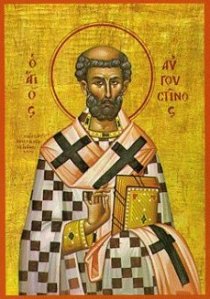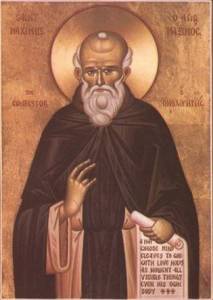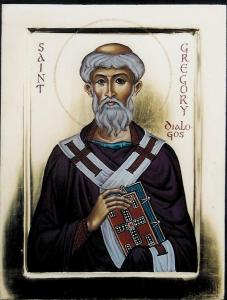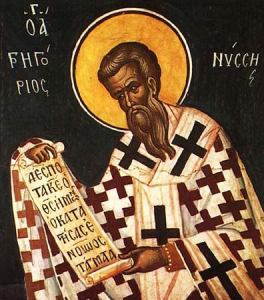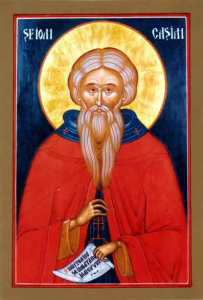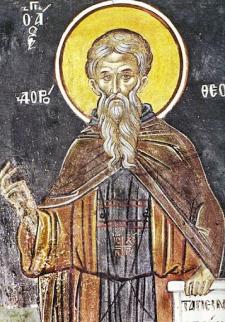 Observe the difference between the presence of the life-giving spirit and the presence of the spirit that deadens and destroys your soul.
Observe the difference between the presence of the life-giving spirit and the presence of the spirit that deadens and destroys your soul.
When there are good thoughts in your soul you feel happy and at ease; when peace and joy are in your heart, then the spirit of good, the Holy Ghost, is within you;
whilst when evil thoughts or evil motions of the heart arise within you, you feel ill at ease and oppressed; when you are inwardly troubled, then the spirit of evil, the crafty spirit, is within you.
When the spirit of evil is in us, then, together with oppression of heart and disturbance, we generally feel a difficulty in drawing near to God in our heart, because the evil spirit binds our soul, and will not let it raise itself to God.
The evil spirit is a spirit of doubt, unbelief – of passions, oppression, grief and disturbance; whilst the spirit of good is one of undoubting faith, of virtue, of spiritual freedom and breadth – a spirit of peace and joy.
Know by these tokens when the Spirit of God is within you, and when the spirit of evil, and, as often as possible, raise your grateful heart to the most Holy Spirit that gives you life and light, and flee with all your power from doubt, unbelief, and the passions through which the evil serpent, the thief and destroyer of our souls, creeps in.
Sometimes in the lives of pious Christians there are hours when God seems to have entirely abandoned them – hours of the power of darkness; and then the man from the depths of his heart cries unto God:
“Why hast Thou turned Thy face from me, Thou everlasting Light? For a strange darkness has covered me…and has obscured all my soul….Turn me, O Saviour, to the light of Thy commandments and make straight my spiritual way, I fervently pray Thee.”
[…] Not knowing the spirit that destroys, you will not know the Spirit that gives life. Only by means of direct contrasts of good and evil, of life and death, can we clearly know the one and the other: if you are not subjected to distresses and dangers of bodily or spiritual death, you will not truly know the Saviour, the Life-Giver, who delivers us from these distresses and from spiritual death.
Jesus Christ is the consolation, the joy, the life, the peace and the breadth of our hearts! Glory to God, the Most Wise and Most Gracious, that He allows the spirit of evil and death to tempt and torment us! Otherwise we should not have sufficiently appreciated and valued the comfort of grace, the comfort of the Holy Ghost the Comforter, the Life-Giving!
John of Kronstadt (1829-1908; Russian Orthodox): My Life in Christ, part 1, pp.37-38.
